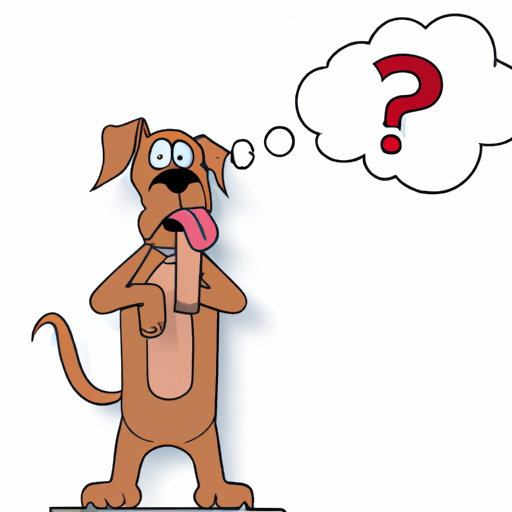Understanding Your Dog’s Behavior
You may have noticed your beloved four-legged friend occasionally dedicating their time to lick the walls of your home. You might find this behavior peculiar, even worrying. But before you panic, it’s important to understand that dogs lick for various reasons, some of which are quite normal.
Possible Reasons Why Your Dog Might Be Licking Walls
-
Boredom: Your dog might be licking the wall simply because they are bored and have nothing better to do. This is particularly likely if you notice the behavior when they’re left alone for extended periods.
-
Nutritional Deficiencies: Sometimes, dogs may lick walls due to dietary insufficiencies, where they are trying to get nutrients they are lacking from the wall.
-
Medical Conditions: Certain medical conditions like gastrointestinal issues can cause your dog to start licking walls.
-
Stress or Anxiety: Just like humans, dogs too can experience stress and anxiety. Licking walls can be a coping mechanism for them.
-
Compulsive Behavior: Dogs, like humans, can also develop compulsive disorders.
Recognizing Signs of Distress
While some wall-licking can be a harmless quirk, it’s crucial that you, as a caregiver, are able to recognize signs of distress or potential health issues in your dog. The following signs may indicate a more serious underlying issue:
- Your dog spends a considerable amount of time licking walls.
- You notice changes in their eating habits.
- There are visible changes in their behavior or personality.
- Your dog seems anxious or stressed more frequently.
What to Do If Your Dog is Licking Walls
With the information above, you can now better understand why your dog might lick walls. Here are some steps to take if you notice this behavior:
-
Monitor the Behavior: Keep an eye on your dog’s behavior. If the wall-licking is occasional and doesn’t seem to stress them, it might just be a harmless habit.
-
Check Their Diet: Ensure that your dog’s diet is balanced and nutritious. If you’re unsure, consult with your vet.
-
Provide More Stimulation: Dogs need mental and physical stimulation. Ensure they’re getting enough exercise and playtime.
-
Consult a Vet: If the behavior continues or if you notice signs of distress, it’s time to consult with a professional.
Frequently Asked Questions
1. Is wall-licking dangerous for my dog?
In general, occasional wall-licking isn’t dangerous. However, if it becomes a consistent behavior, it could indicate an underlying health issue.
2. Can I stop my dog from licking walls?
Yes, you can discourage the behavior by providing more stimulation, ensuring a balanced diet, and consulting with a vet if needed.
3. How can I tell if my dog has a nutritional deficiency?
Look out for signs such as loss of appetite, lethargy, dull coat, and other behavior changes. If you suspect a deficiency, consult your vet.
Remember, as a caregiver, your role is to provide the best for your furry friend. Understanding their behavior is the first step towards ensuring their well-being.



